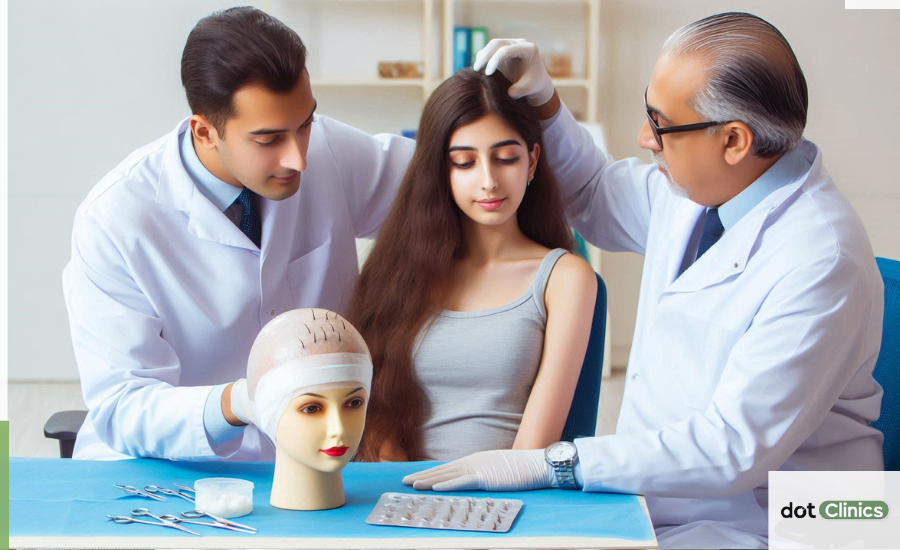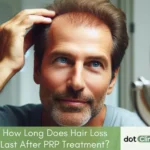Have you ever looked in the mirror and noticed thinning hair or a receding hairline? Well, many people face this challenge, and it’s not just a matter of vanity, hair loss can affect confidence and overall well-being. But what if there was a solution that didn’t involve invasive surgery or risky medications? Here is! A PRP (Platelet-Rich Plasma) treatment! It’s a promising option that’s gaining quite attention in Asian countries.
People in Pakistan, Multan, and beyond are exploring hair PRP as a potential game-changer for hair regrowth. But, what exactly is PRP, and how might it help you?
So, let’s learn more about PRP treatment and see if it’s the right choice for you!
What is PRP Treatment?
PRP stands for Platelet-Rich Plasma. It’s a medical treatment that uses your own blood to stimulate hair growth. Here’s how it works:
- A small blood sample is taken from your arm.
- After that, the blood sample goes into a machine.
- This machine splits the blood to get the platelets, which have special ingredients that help with hair growth.
- These platelets are then injected into the parts of your scalp where your hair is thinning or missing.
- The special growth ingredients in the platelets heal the damaged hair roots to grow hair back.
How Does PRP Treatment Help Regrow Hair?

The key to PRP’s effectiveness lies in the platelets. As mentioned above, platelets contain growth factors that are important for hair healing and tissue regeneration.
- When the platelets are injected into your scalp, they help your hair grow back naturally.
- PRP treatment helps the damaged hair roots rise and grow new, healthy hair.
- This treatment can be particularly effective for people experiencing early stages of hair loss.
How Many PRP Sessions Are Needed?
Hair PRP treatment involves a series of sessions. Most people start with 3-4 treatments with a few weeks apart.
- After the first few treatments, you might need follow-up sessions every few months to keep up the results.
- The exact number of sessions needed is based on individual hair loss patterns and goals.
Benefits of PRP Treatment
PRP treatment offers several benefits for those struggling with hair loss:
Non-surgical
No need for invasive procedures or lengthy recovery times.
Minimal side effects
Since PRP uses your own blood, there’s a low risk of allergic reactions or infections.
Natural results
PRP helps your body use its own resources to promote hair growth which leads to natural-looking results.
Very Convenient
Treatments can be performed in a local clinic, such as those offering hair PRP in Multan.
Conclusion
So, if you’re struggling with hair loss and looking for a promising, non-surgical solution, PRP treatment might be worth considering.
Hair PRP in Multan is becoming more popular every day because it uses your body’s own healing properties and offers a unique approach to hair regrowth.
Consult with a local specialist to see if PRP is the right option for you and start your journey toward healthier, fuller hair today.
FAQs
Is Hair PRP treatment painful?
Most people feel a bit of discomfort during the injections, but it’s usually not very painful. Some clinics may use numbing cream to make it more comfortable.
How long does each Hair PRP session take?
Each session typically takes about 30 to 60 minutes.
When will I start to see results from Hair PRP?
Results can start to show after a few months, with more major changes usually seen around 6 months.
Are there any side effects of Hair PRP?
Side effects are usually minor and can include redness or swelling at the injection sites. These generally go away quickly.
What is the cost of Hair PRP in Multan?
The cost can vary depending on the clinic and the number of sessions you need. It’s best to check with local clinics for specific pricing.
Can anyone get Hair PRP treatment?
Most people can get Hair PRP, but it’s best to consult with a specialist to see if it’s suitable for your specific situation.



